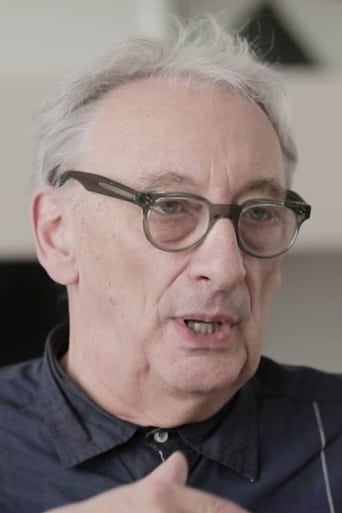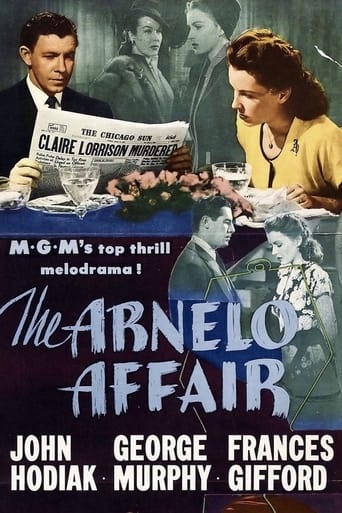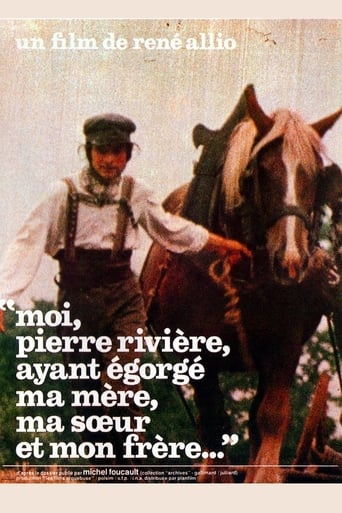

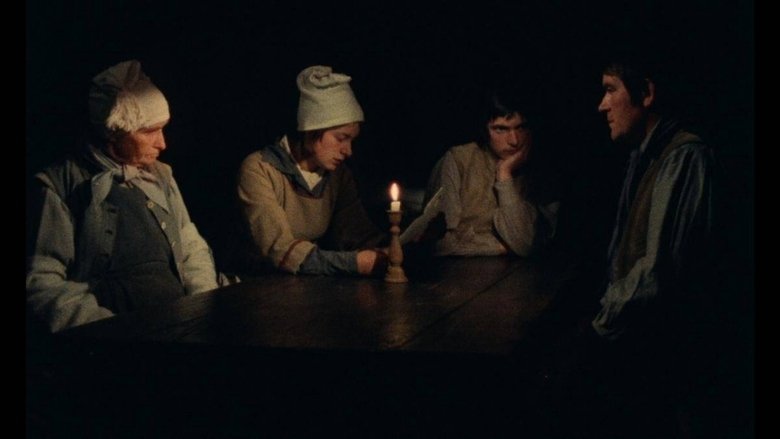
I, Pierre Rivière, Having Slaughtered My Mother, My Sister and My Brother…
October. 27,1976Based on documents compiled by leading French philosopher Michel Foucault, this unique and original film charts the gruesome events which took place in a Normandy village in 1835, when a young man, Pierre Rivière, murdered his mother, sister and brother before fleeing to the countryside. With a cast made up of real-life villagers from the area where the events took place, the detailed re-enactments and careful attention to the gestures of their ancestors serve to create an intense and sometimes disturbing atmosphere of hyper-realism. Details of the crime and of the trial that followed are told from varied perspectives, including the written confession of Pierre himself, and form a rich and complex narrative that interrogates the concepts of “truth” and “history”.


Similar titles
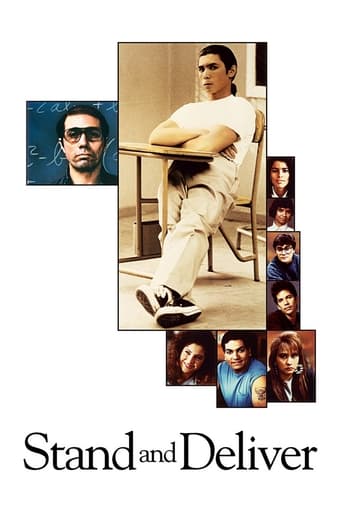
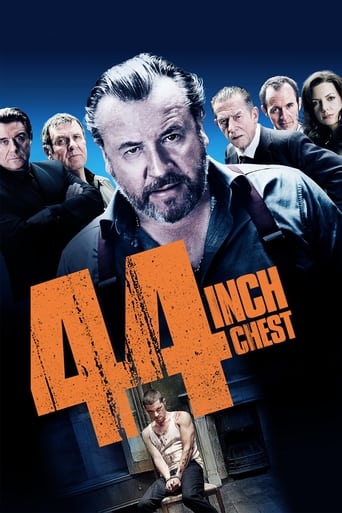
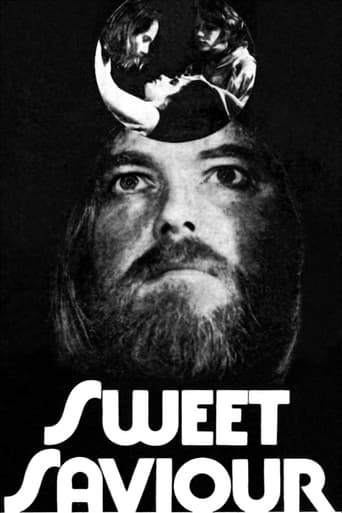
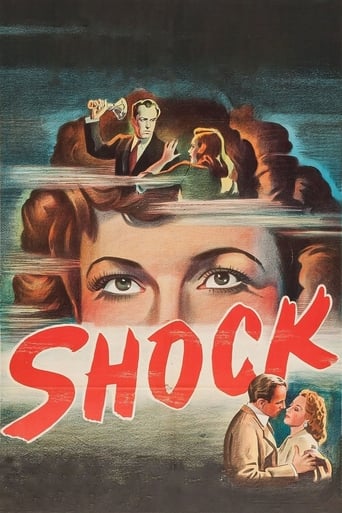
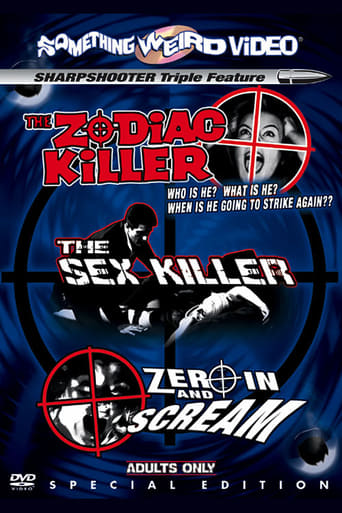
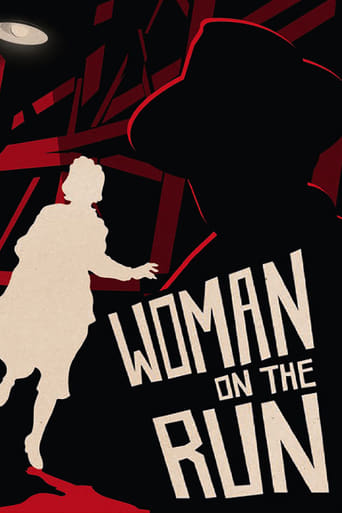
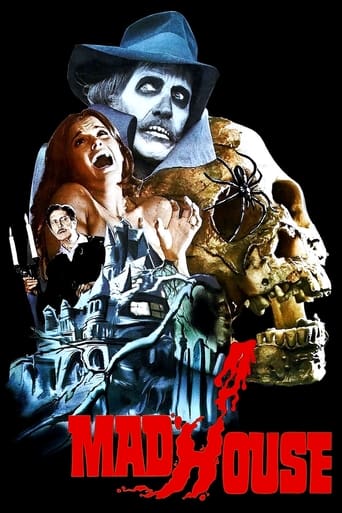
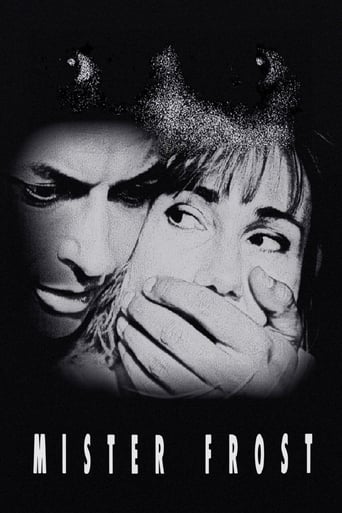
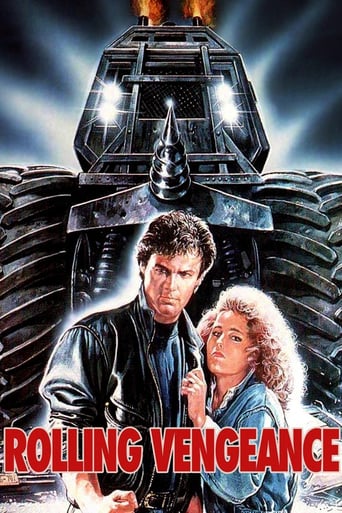
Reviews
To give the film it's full title, I, Pierre Riviere, Having Slaughtered My Mother, My Sister And My Brother, Rene Allio's film has to be one of the most overlooked and unrecognised pieces of cinema in history. It tells the true story about a peasant farmer in Normandy in 1835, who, seemingly out-of-the-blue, butchered the majority of his family in cold blood. Whilst awaiting trial, Riviere wrote down a full and detailed account of his early life, the events leading up to the murder, and his brief time spent as an outlaw. For such an apparently uneducated farmer, it was seen as a remarkable piece of literature. In 1973, philosopher Michel Foucault edited together Riviere's statement, alongside various sources that remained from the case.Beginning at a snail's pace, the film follows Riviere's (Claude Hebert) parents' increasingly unstable marriage. His mother (Jacqueline Milliere) seems to be mentally unstable, and intent on driving her husband (Joseph Leportier) into poverty and ruin. The two live apart, with Pierre favouring his father as opposed to the other children, who seem to be unaware of the huge debts that Mme. Riviere is building up. Pierre watches on silently as this takes place, and we are informed via voice-over that wishes he could somehow release his long-suffering father of his mother.The film is filmed almost as a documentary, with naturalistic and cold exchanges between the majority of the characters. It even has various members of the village giving their account of Pierre almost to camera while their name and occupation appears below them. It works very well, and you get a real feel to the case and the attitudes of the time. It is made all the more realistic due to the fact that director Allio hired non-professional actors to play these roles who really were farmers. They talk, act and work like farmers, and the feeling of authenticity surrounds the film. I don't know if it is intentional or not, but it has the feeling of a Robert Bresson film, who famously called his actors 'models', and preferred them to act as little as possible. If it was intentional, then it is a bold and effective move, as it gives the feeling of mundanity to the farmers and their lives.As Pierre Riviere, Claude Hebert is outstanding. His large nose, big eyes and tight mouth embodies that of shy awkwardness with a shade of uncertainty lying beneath the exterior. He spends the majority of the film lurking in the background, shuffling between feet and giving sideways glances as if trying to avoid eye contact. I genuinely believed that he would be capable of murder. The scene where he forces a horse and carriage over a large manure pile, tipping the carriage and almost killing the horse, causing Riviere to quietly laugh to myself, sent genuine chills down my spine. He is one of those strange kids at school that you would try to avoid.But it's not as black-and-white as I think I'm making it out to be. Riviere is not just a strange psychopath. The film poses the same questions that were posed by the psychological investigators assigned to his case back in 1836. Riviere could be a victim of social alienation. Or perhaps it could have been a moment of insanity brought on by witnessing years of torture set by his mother. Or it is suggested that Riviere could have built up a misogynist mindset by taking in various pieces of literature, and because of his overall fear of women. It will certainly provoke discussion, and probably stay with you for a very long time. Absolutely magnificent.www.the-wrath-of-blog.blogspot.com
René Allio was certainly one of the most overlooked French directors."Moi Pierre Rivière" is his towering achievement but do not miss his earlier works such as "La Vieille Dame Indigne" ,based on a Brecht short story."Moi Pierre Rivière " could be subtitled "anatomy of a murder".It's a true story which happened in the rural Normandie in the nineteenth century but anyway ,those peasants ,anyone who has read Maupassant's short stories or Zola's "La Terre" already knew them.Pierre Rivière cut the throat of his mother, his brother and his sister and is waiting for his trial.In the meanwhile,he writes a manuscript where he tells the whole story.Witnesses appear too and tell the story as they've seen it.Allio's treatment is anything but derivative.Sometimes Bressonesque (his major influence) with his use of non-professionals actors for his peasants ,and their neuter voices ,with something borrowed from Truffaut's "L'Enfant Sauvage" (1970) -screenplay entirely based on historical documents-.Pierre is a complex character,whose behavior thoroughly eludes the viewer.He sees his father,a crude uneducated meek man humiliated and harassed by a shrew of a mother,who always lets him down after she's taken everything she can steal.Probably under an over-possessive mother's thumb,this woman does not want to share her husband's home.Pierre's report is stunning: the style is perfect,using a very refined French,most of the verbs in the past historic(Passé Simple) a tense which increases the distance between Pierre and the events he depicts.He even uses the subjunctive imperfect,a tense only an educated person can know.Pierre is an enigma to the world:how a boy who was nurtured in such a demeaning milieu can he be able to write like this?He bought a book ,some kind of mini-encyclopedia where he found subjects (Napoleon,Indians) which fueled his misogyny.Is he a lunatic? Certainly not in the way the doctor thinks he is during the trial.The fact Pierre refers to Abraham and the "God told me to do that" thing are not surprising,coming from a country boy,at a time when religion verged on superstition .I think that Pierre cannot stand his father's passiveness.He needs an outlet: crucifying a frog or squashing a bird between two stones are first attempts at a murder.Hate ,anger and frustration are in him and won't live him alone.One day animals are not enough:the saucy song (which we can hear twice) sung by the neighbor about his dad ,it's this which sparks off the incident or should I say the tragedy.They are three dead bodies in the kitchen,lying in a pool of their blood. A boy is running across the country thinking "what have I done?" and putting his trust in God,cause he gave his life in sacrifice so the others (his father,his grandmother ,his other brothers) could survive. He still do not know whether he'll be sentenced to death when he's arrested,but he knows that he is dead anyway.This is a slow moving movie,not exactly an accessible one;but it's a demanding one,and one that will reward you if you give it a chance.
Based on documents compiled by Michel Foucault, this film is a uniquely original meditation on a gruesome 19th century crime. The story happens in a Normandy village in 1835, as a very young man, Rivière, murders his mother, sister and brother before running away in the countryside. This matricide and the trial that followed are narrated by several voices over, which allow to "absorb" the violence and to understand the psychological background of the criminal. The written confession of Rivière himself becomes one of the voices, which gives away one aspect of the truth. Rivière was convinced that his mother was weakening and humiliating his father and his words on this subject are deeply disturbing.The cast, mostly villagers found in the places where the events had taken place 150 years before and reenacting the gestures of their ancestors, is quite static but creates an interesting atmosphere of hyper-realism. Thanks to them and to the careful narration, René Allio accomplishes the unique feat to offer at the same time an (almost) ethnographic document, an historical film, and an inquiry into a psychopathologic case. His approach may seem naive at times, but the film is overall a winning affair, and is widely different from any other period picture set in similar time and place.Highlights of Moi, Pierre Rivière are the striking first sequence, where we discover with a slow pan the bodies of the family and the first interrogation of the stunned murderer. The cinematography, by Nurith Aviv, is exemplary, and Allio appears here as one of the most daring and interesting filmmaker of the seventies.
